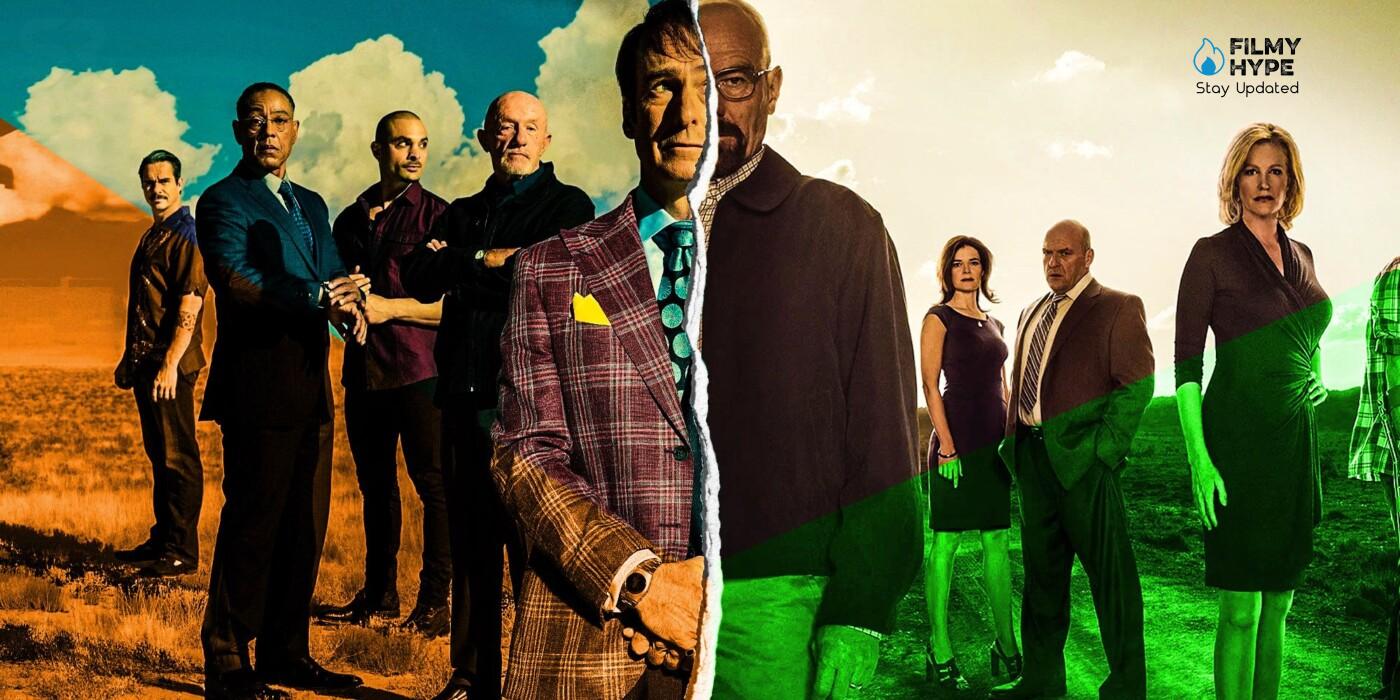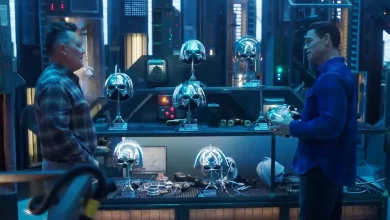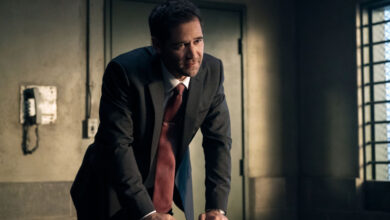Better Call Saul and Breaking Bad: Endings In Comparison Analysis of Two Historical Episodes
Better Call Saul and Breaking Bad, are two shows intimately linked not only by characters, places and situations but also by the same way of probing the troubled consciences of their protagonists, those of Heisenberg and Saul Goodman who have become in a certain sense catchphrases for the spectators, precisely because both have suppressed their human side – the sad and sick Walter White one, the legal arrogant Jimmy McGill the other – to become absolute symbols, devoid of emotion and conceptually immortal.

Better Call Saul and Breaking Bad: Endings In Comparison Analysis
The finale of Gilligan and Gould’s last show, which we told you in the Better Call Saul 6X13 review, brought to a conclusion a universe that had lasted for 14 years, definitively closing the circle for each of its stories and providing us with an important perspective not only on all the “subsequent” events of Breaking but also for the world of seriality that from now on will have to do you count with this new giant of the medium. Two shows so close have peculiarly managed their last moments, resembling each other and then moving away continuously, proving that the show dedicated to Saul Goodman is much more than a simple spin-off, but an independent creature who lives and lives. he breathes without accusing the shadow of his mother’s work.
Vendetta
Only two men are described in the final episodes of two great TV series, hunted by the police who threaten to throw them in a cell to take away the only thing left of their lives: freedom. They have nothing else Walter and Saul, dying and denied by the family of the protagonist of Breaking Bad, lonely and gloomy that of Better Call Saul, have spent their last years hiding from others and creating around them a mental prison that would save them from the concrete one.
Heisenberg has much more experience in terms of escape than his old lawyer Jimmy lets himself be found by the agents in an indecorous way in a garbage can, while the inventor of blue meth remains on the loose until the end of his days. In fake freedom or behind the bars of a prison, both let themselves be overwhelmed by the instincts of those two ruthless characters that we have seen born and grow over the seasons.
Heisenberg more than violently closes all the unresolved issues of his past – makes the Schwartzes believe that he has hired two mercenaries to keep them at gunpoint, poisons Lydia and slaughters Jack’s gang in the spectacular Gatling sequence – while Saul Goodman with his statements plays at being a puppeteer with prosecutors, reducing a life sentence to seven years of imprisonment in a minimum security prison chosen by him, practically a beat on the fingers compared to the punishment he deserves.
Acceptance
It is the apotheosis of Heisenberg and Saul that is consumed before our bewitched eyes, two figures born as masks to wear when needed who have devoured the face of their masters by replacing it: with such people one cannot bargain or believe that there is a light at the end of their tunnels, they are both doomed to death. And basically, this is what happens, Heisenberg and Saul die at the end of their TV series, but if the protagonist of Breaking Bad leaves behind a corpse, Saul Goodman forces Jimmy to serve the rest of his life in prison. It seems very difficult to consider the ending obtained by the lawyer better, but for him, the pale light of Kim Wexler who has found her once friend and husband, and Jimmy McGill is no longer alone. In fact, during the tyranny of their masks, both Walter and Jimmy had the opportunity for an unexpected turn of the tail, a last extreme gesture that somehow quietens their consciences making it easier for them to leave.
The last conversation between Walter and his wife, which occurred because the man found a way to save the family from the ignominy he generated, remains memorable for that confession that we have all been waiting for since the first season: there is no more need of pretending that all evil was perpetuated to help the family, in his final days Walter can finally admit that he only acted for himself because he liked it and was good at it. Similarly, Jimmy silences Saul in court, a result that not even the judges have ever managed to achieve, defining exactly his relationship with Heisenberg and forcing the court to punish him as he deserves, prompted by Kim’s presence in the courtroom who still cherishes hopes. of her ex-husband’s rebirth.
Walter’s last gesture was to save Jesse from slavery, while Jimmy manages to save his soul: the spectators remain attached to the storm of emotions felt in those two hours that marked the endings of Breaking Bad and Better Call Saul, capable of stirring up the feelings of their condemned protagonists and change their minds who saw in them only two ruthless beasts. Walter and Jimmy’s journey was long, and the journey nothing short of unforgettable, but this time the destination was also great.






